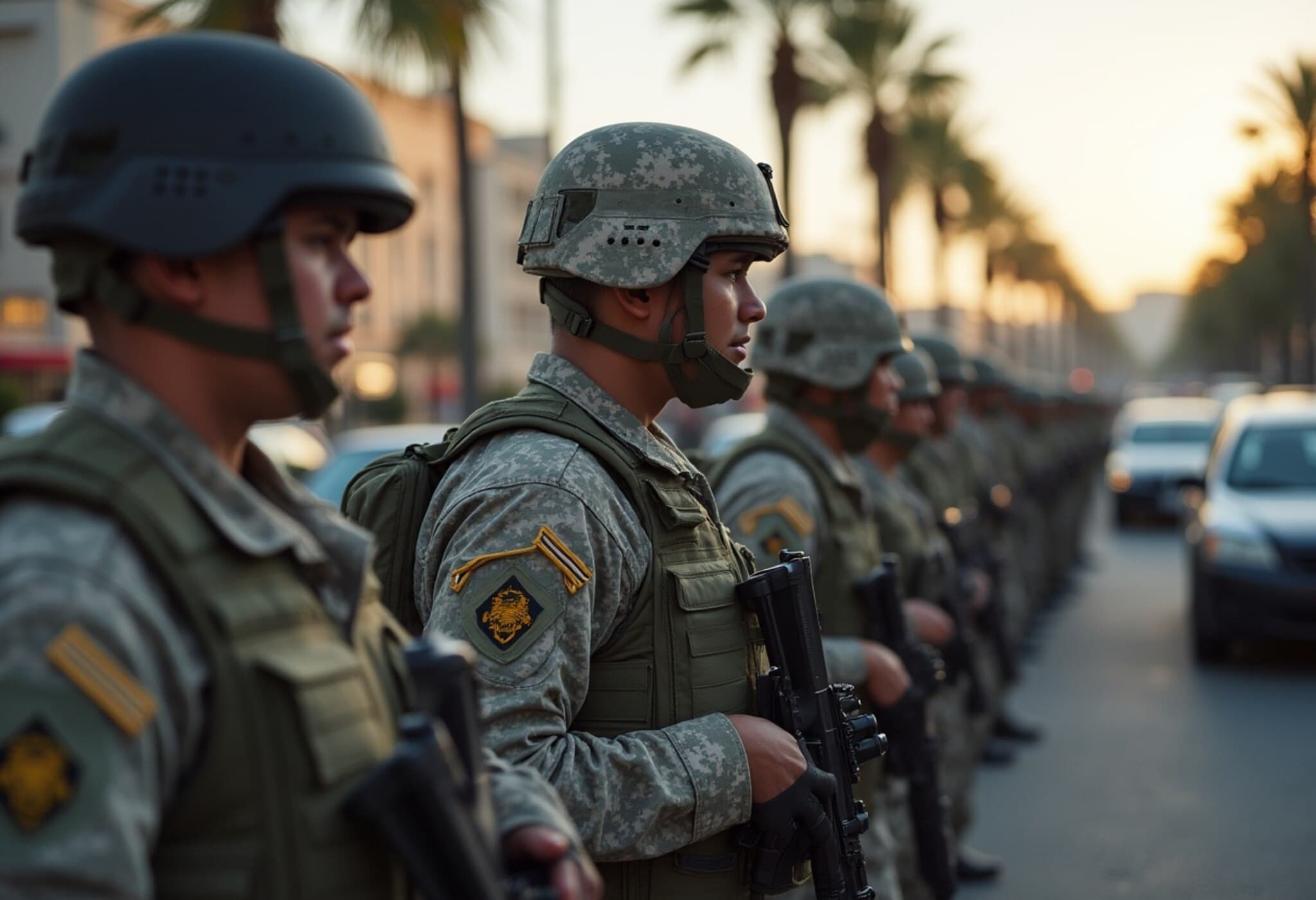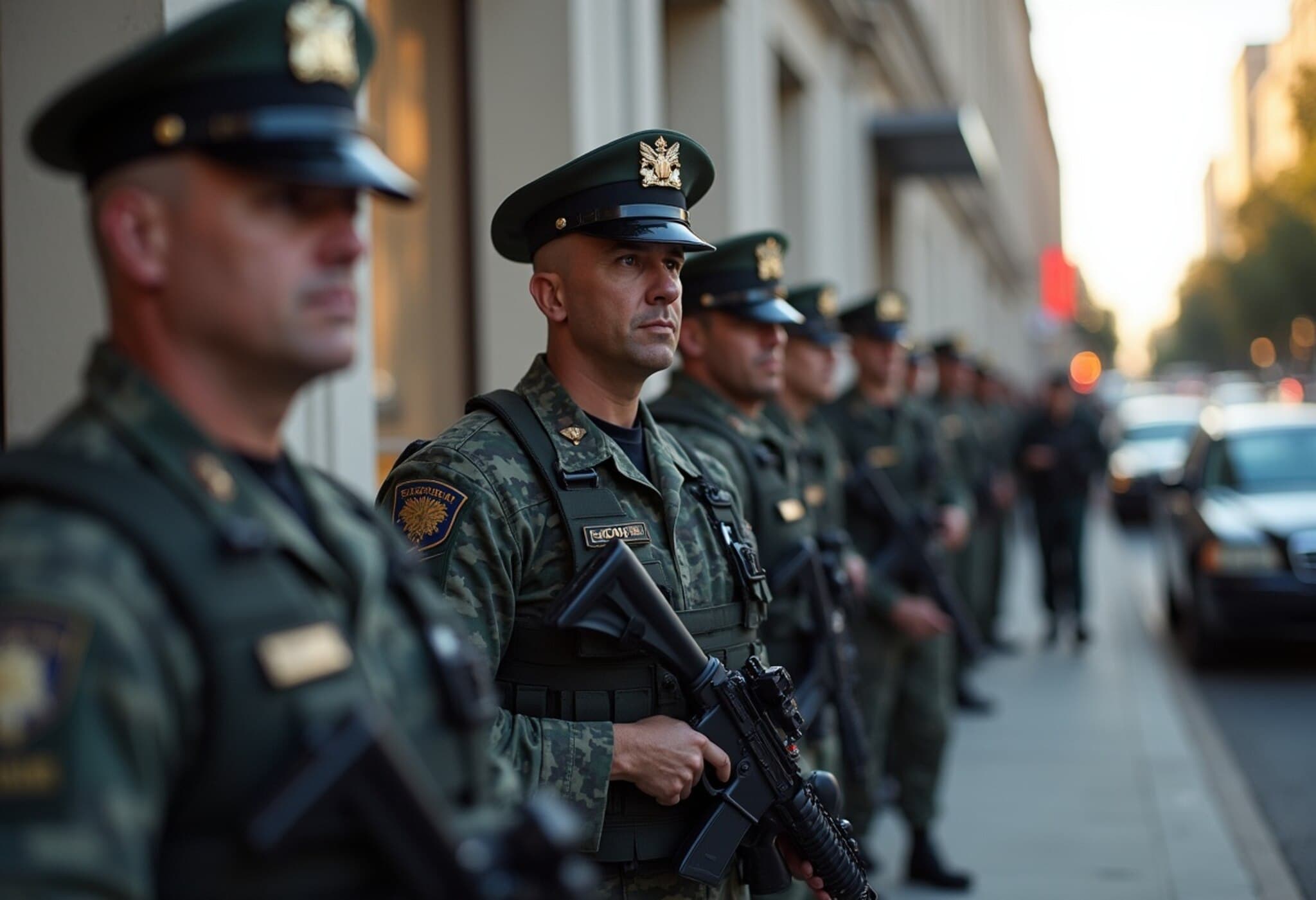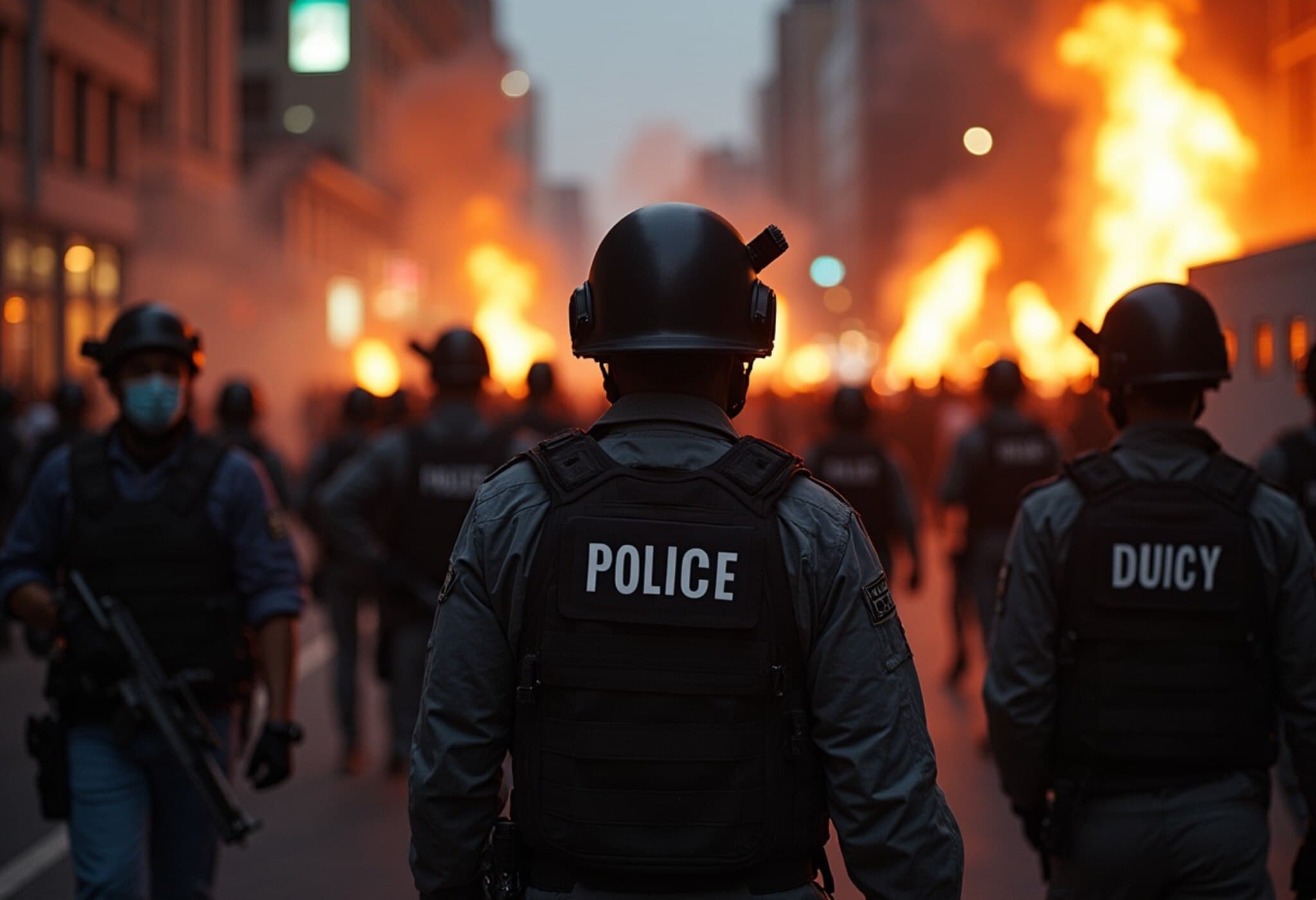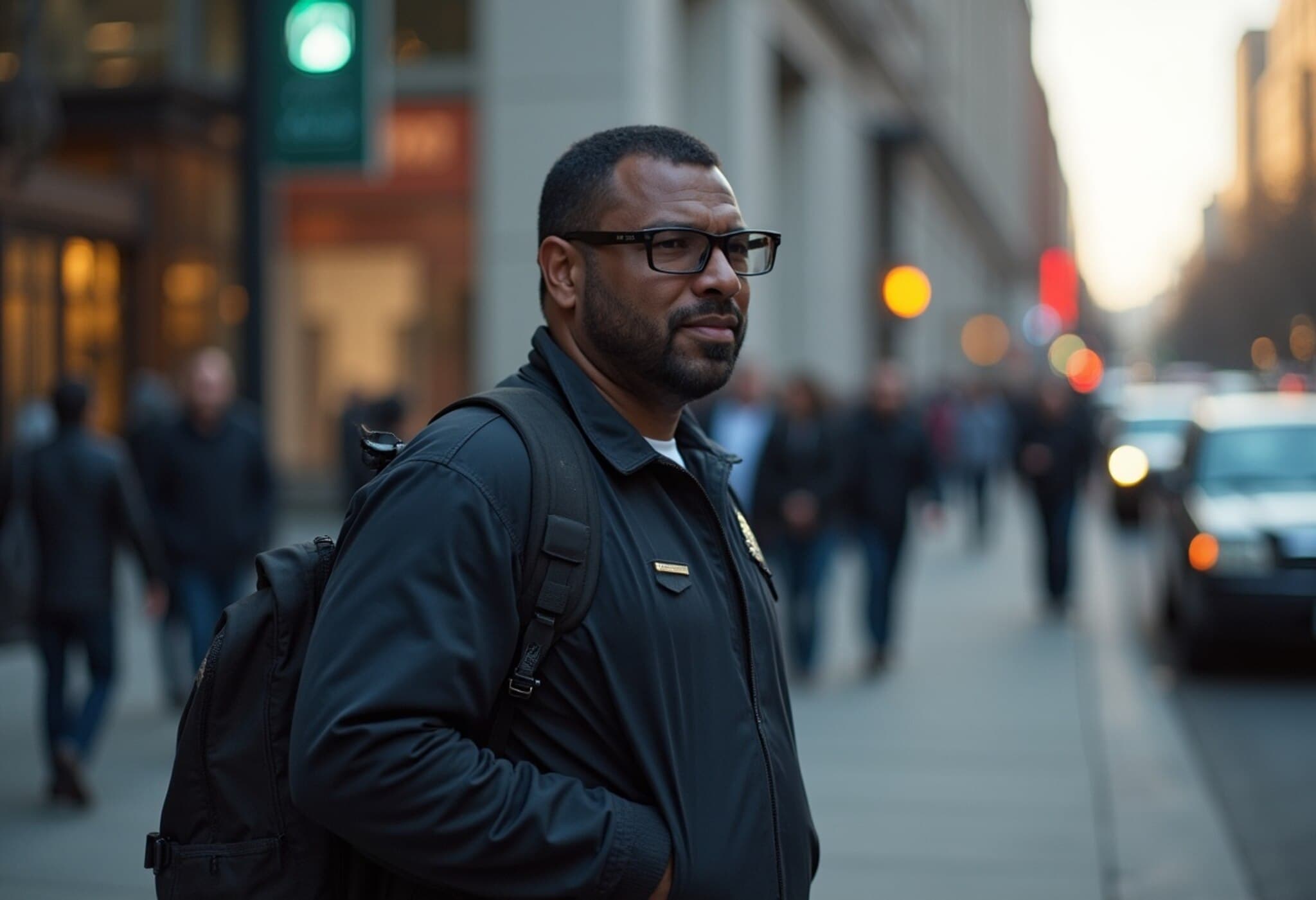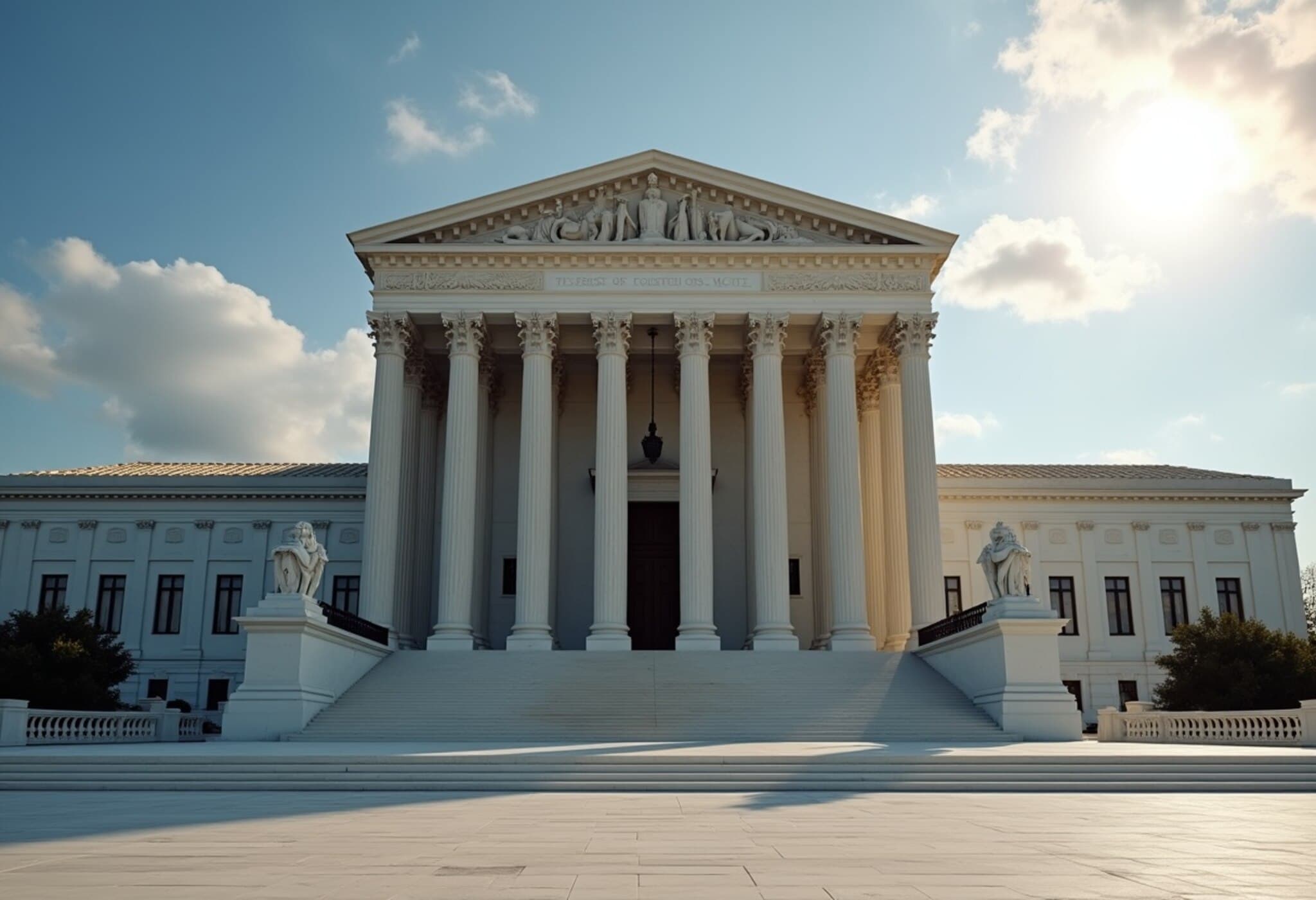FBI Mistakenly Raids Wrong House in Atlanta
Eight years ago, in a startling pre-dawn incident, an Atlanta family endured a frightening ordeal when Federal Bureau of Investigation (FBI) agents forced their way into their home under the false belief that they were targeting a gang member's residence. Now, the US Supreme Court has sided with the family, approving their lawsuit against the government.
The Raid That Changed Lives
In 2017, Hilliard Toi Cliatt and Curtrina Martin were held at gunpoint as a six-member SWAT team demolished their front door with a battering ram, deploying a flash-bang grenade before storming inside their suburban Atlanta house. The dramatic and loud intrusion lasted no more than five minutes, leaving the couple terrified and confused, initially thinking they were under attack.
The Moments of Confusion and Regret
During the raid, agents pointed firearms at the couple, shackled Mr. Cliatt, and pulled him from a bedroom closet. Meanwhile, Ms. Martin pleaded to see her sleeping son, Gabe, in the adjacent room. It was only after answering a question about their address that the lead FBI agent, Lawrence Guerra, recognized the fatal error. He immediately halted the raid, removed the handcuffs from Cliatt, and promised to return to clarify the situation.
Legal Battle and Supreme Court Intervention
The family’s lawsuit initially faced dismissal in lower courts, mostly due to legal protections shielding federal agencies from lawsuits. However, an amendment passed by Congress in 1974 allows citizens to sue federal law enforcement in cases of negligence or wrongdoing, including mistaken raids.
In a unanimous decision, the Supreme Court ruled that the federal appeals court had applied an incorrect legal standard that favored the government. It overturned the lower ruling and remanded the case to the Eleventh Circuit Court of Appeals for further review, renewing hope for accountability in such serious errors.
The Fallout and Aftermath
- The agents, led by Guerra, had intended to raid 3741 Landau Lane but mistakenly targeted 3756 Denville Trace, the Martin-Cliatt family residence.
- Guerra used his personal GPS to locate the actual intended target, highlighting operational oversights.
- The FBI acknowledged property damage and reimbursed repairs through insurance, attempting to make amends.
- Guerra also provided the family with contact details of his supervisor to maintain transparency.
Reflecting on Accountability and Future Implications
This landmark decision emphasizes the need for precise operational procedures within federal law enforcement and underlines the importance of legal recourse when mistakes cause harm to innocent individuals. It serves as a reminder of the balance between enforcing the law and respecting civil liberties.


